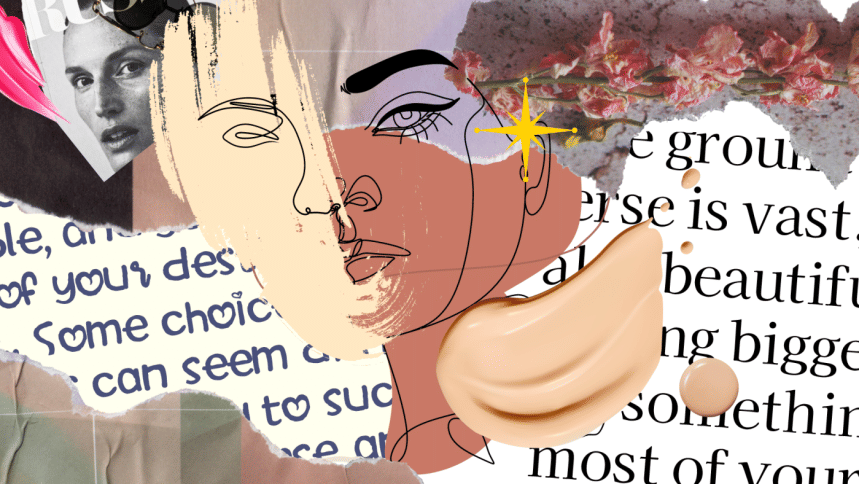How complexion products contribute to colourism in our society

It is a common belief that racism leads to a discrimination between people of different skin colours. However, people within a single ethnic group are not exempt from discrimination of that sort either. Even when all the members of a society are of the same race, there still exists prejudices based on the tone of one's skin. In that case, it is referred to as colourism.
Unlike the blatant cruelty of racism, colourism manifests itself in more subtle ways. Often times, its method of projection is so nuanced that only a person who has been subjected to it over a long period of time might be able to recognise its symptoms.
It might come in the form of a concerned comment from a family member about how you should stop spending time in the sun because otherwise your skin will darken. Or it might come as praise about how beautiful someone looks because of their "fairness". It might even come as a back-handed compliment. For example, in a Cambridge O-level Bangla paper from 2020, a sentence transformation question read, "Even though the girl is dark, she is still pretty," which implies that it is not a common occurrence for people with a darker hue to be visually appealing.
As a woman who has a darker skin shade, I have been unwittingly at the butt of colourist behaviour for much of my life. But it never truly drove home how prevalent this colourism was until very recently when I ventured out to buy some complexion products (foundation, concealer).
The internet had been kind enough to inform me these products should only be a shade lighter than my own skin tone and that many make-up brands have a wide range of shades that would very easily be able to accommodate my colour. However, my hopes were shattered at the very first store I entered.
The store had a considerably large section for make-up products. It houses every sort of make-up imaginable, except for the foundation shade that I needed. I inquired outright whether they had the shade number I wanted, which was 330. The salesperson very kindly shook his head and told me the darkest shade they had was 210. But, instead of leaving it there, he proceeded to show me a shade 10 times lighter than mine and told me that it would suit me much better than something that dark. Baffled, I left the store.
A search through ten more stores in the vicinity, as well as scouring online shops, brought me to the realisation that complexion products for darker skin tones are nearly impossible to find. Not only that, most of the shops I physically visited had workers who felt the need to provide me with the unsolicited advice that I should buy something lighter. In one of these places, I got the urge to ask the people why they don't stock darker shades. Their response was that there simply wasn't enough of a demand for them.
I got that these salespeople were faultless and they were only acting out their internal colourism in recommending me lighter shades, but the demand thing bugged me. If I was a sole dark horse in a pack of white ones, I could understand why there wouldn't be a demand. But that is obviously not the case. A high proportion of females have dark skin tones in Bangladesh and most of them do use make-up to some extent. So, there can't possibly be a lack of demand for these products.
Studies show that this inclination of ours towards lighter skin colours initially arose as a result of colonial practices. The British provided privileges to groups with light-coloured skin and in turn oppressed darker people. The consequences of that are an obsession with fairness and fairness products as well as multi-faceted discrimination on the basis of skin colour in our modern society.
It can be seen that the pursuit of fairness is hammered into people at this point and is aided by a bias for lighter tones in mainstream media. As a result, people of our subcontinent actually don't even realise that they are using something that does not go with their complexion. They are only blindly chasing to look lighter.
Zaima is a struggling student, a failed guitarist and a poet in need of better poetic ideas. Send her your sympathies at [email protected].

 For all latest news, follow The Daily Star's Google News channel.
For all latest news, follow The Daily Star's Google News channel. 









Comments